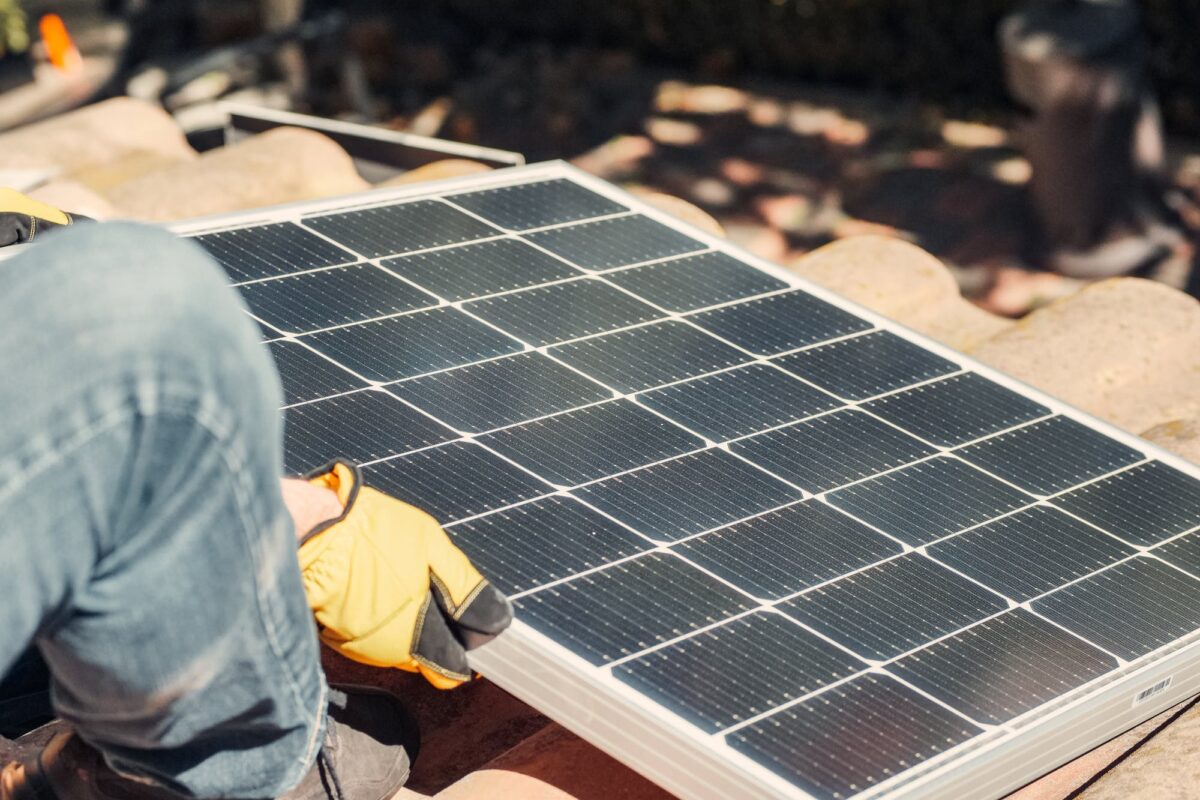Owners of electric vehicles (EVs) are more likely to add solar panels to their homes, a new behavioral study analysis from the U.S. Department of Energy’s National Renewable Energy Laboratory (NREL) concluded.
The study, funded by the DOE’s Vehicle Technologies Office, was based on a survey of 869 households in the San Francisco Bay Area, first in 2018 and then revisited in 2022. It found that around a quarter of EV owners also own a solar photovoltaic system, while only 8% of people who didn’t own EVs had adopted distributed solar.
EV owners might have a tendency to also install solar since solar panels could help offset the energy costs of charging their vehicles at home, Shivam Sharda, a computational research scientist at NREL’s Center for Integrated Mobility Sciences, and lead author of the study, said.
“Both EVs and PVs have a complementary nature, which might play a pivotal role in energy systems resiliency, addressing concerns regarding grid stability and power management strategies,” added Sharda.
On the flip side, the research found that owning solar panels could also influence whether a homeowner buys an EV, although that correlation is not as strong.
As of 2021, 3.4% of light-duty vehicle sales in the U.S. represented EVs, and around 6% of homeowners had deployed rooftop solar. As more EVs make their way on to the roads, they will also add to electrical demand. In this context, solar energy could present an important solution.
Two aspects that could encourage a consumer to adopt either solar or EVs, or both include being cognizant of the technologies, and being social enough to ask about them, the study determined. For instance, if someone has a friend or family member who owns a rooftop solar panel or EV, they become more educated about the technology and its pros and cons, thereby influencing their decisions, Sharda said.
From a policy perspective, while governments currently incentivize the adoption of both EVs and rooftop solar, the study recommended implementing strategies that could accelerate the deployment of the two technologies jointly.
“Because EV owners are inclined to use PV anyway, such incentives might provide a push for EV owners to adopt solar technology much earlier than what is currently observed. How soon a household adopts cross-sectoral sustainable technologies will play an important role in achieving decarbonization goals,” NREL said.
The study also highlighted the need for additional holistic surveys to better understand the nexus of transportation and residential energy use.
A 2021 consumer report from SolarReviews found that an EV would cost about $1,058 per year when using a public charger, but that costs drop to as little as $415 annually with home solar – compared to the $1,260 a year it costs to fuel a traditional, gas-powered car. The report compared a gas-powered Hyundai Kona with an all-electric one, and found that during a 13,500-mile year, the former would cost $1,260 to fuel, while the latter, when charged at home, could cost around $662 per year in California and $450 annually in a state like Florida. In fact, over a 25-year period, charging an EV with home solar could save the owner some $16,250, the study concluded.
This content is protected by copyright and may not be reused. If you want to cooperate with us and would like to reuse some of our content, please contact: editors@pv-magazine.com.








This article took old dada from before NEM3.0 took effect. If one wants to charge their EV at night, after they get home from work, they will pay 4 time what they get from the California utilities after 9:00 PM and 6 times more during the 4:00 PM to 9:00 PM peak hours. Under MEM 1.0 or NEM2.0 this article is correct and all those who previously are grandfathered in still get value for their rooftop solar system. New owners of EVs will not waste their money any more on rooftop solar under NEM3.0. The cost of rooftop solar just went up 4 times because you need to install 4 times as many solar panels to get that EV charged up at night. They will take that $96,000.00 (used to cost $24,000.00) and put it in the stock market and pay their utilities from the returns going forward.
As bi-directional Vehicle-2-Grid charging capability expands, it’s going to reactivate the solar industry in CA that is currently in a dramatic, but temporary recession. V2G, combined with stationary battery storage & solar parking lot canopies is the “secret sauce” that can rapidly scale in typical (sub)urban large apartments & condos, business parks, neighborhood shopping centers & public facilities to flatten the infamous “Duck Curve”. As BEV adoption expands, more & more owners will be exploiting VPP subscriptions through V2G chargers at home & work. Utilities like PG&E have finally recognized that this is inevitable. Large remote utility scale solar farms that would require new transmission will not be approved if widely distributed, local, behind the meter solar + storage can fill the demand peaks.